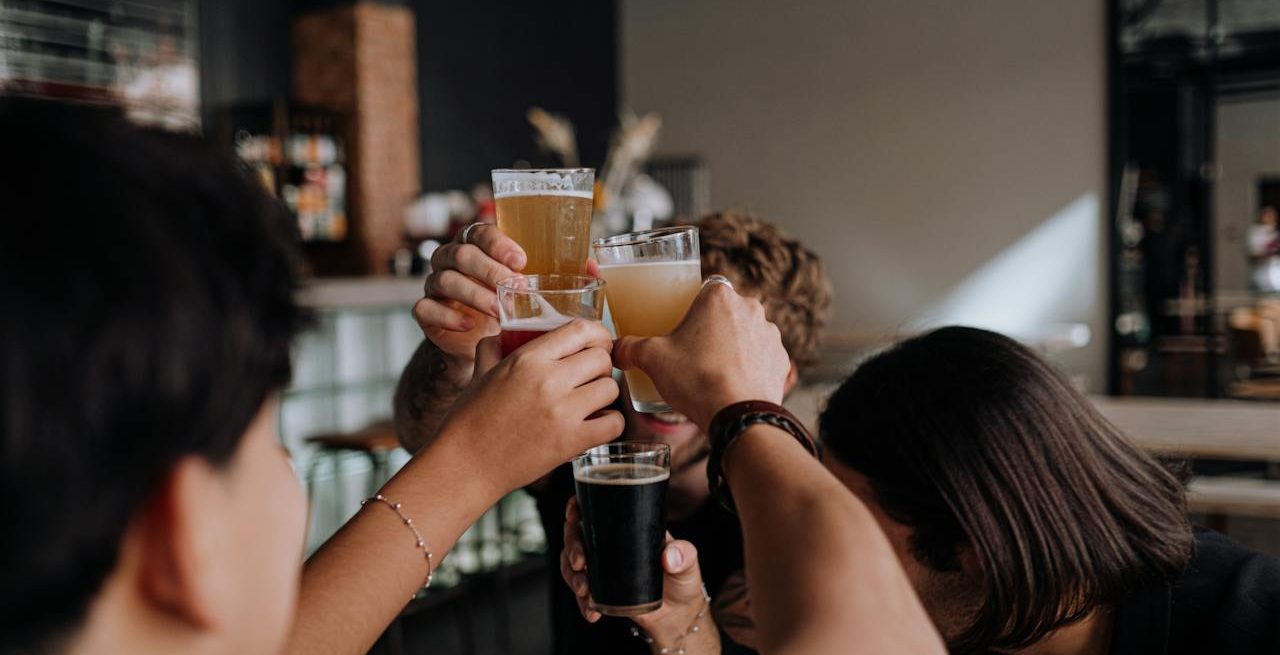How to Prepare and Protect Restaurants for Drinksgiving
2 Min Read By Dan Wahl
The cultural phenomenon of Drinksgiving (or Blackout Wednesday) continues to grow in popularity for the restaurant industry, especially as sales continue to rebound from the pandemic.
Data shows that alcohol sales typically increase between 270-658 percent on the Wednesday before Thanksgiving, compared to weekdays prior.
Higher alcohol sales typically connect to higher volume of alcohol consumption, which unfortunately leads to higher risk of harmful consumer behavior after leaving the restaurant – especially behind the wheel. According to Money Geek, Drinksgiving is the deadliest day to drive in the US, averaging 114 car accidents per year.
According to Money Geek, Drinksgiving is the deadliest day to drive in the US, averaging 114 car accidents per year.
If an intoxicated customer leaves a restaurant and causes injury to someone while driving, it could be tied back to the restaurant that served them.
For any restaurant owners that serve alcohol, there are several unknown liabilities that many still aren’t aware of. Liquor Liability Insurance protects a small business that manufactures, sells or serves alcohol. Small business owners are protected from claims that occur when a customer drinks too much and injures himself or someone else.
Without Liquor Liability Insurance, owners of restaurants that serve alcohol could end up footing the bill for damages made by a drunk customer. Most insurance experts recommend around $1M in coverage to protect against this high risk for restaurants serving high volumes of alcohol.
According to the National Conference of State Legislatures, 43 states today have laws that hold businesses liable for serving alcohol to someone who later causes injury or death. This includes property damage or even assault and battery. Over the last 18 months, there are many restaurant owners that have faced fines, lawsuits and/or liquor license suspensions in Ohio, Texas and South Carolina.
If an intoxicated customer leaves a restaurant and causes injury to someone while driving, it could be tied back to the restaurant that served them.
To avoid alcohol-related risks for your restaurant, I would recommend a few strategies to protect yourself:
-
Start a conversation today with your insurance broker about liquor liability and make sure you are protected against all alcohol-related risks, before the next alcoholic drink is served.
-
Promote ridesharing apps as a convenient way for patrons to get to and from your bar. Most people already have apps like Uber or Lyft downloaded, but don't forget to also have the number for taxi services available as well.
-
Identifying signs of inebriation is a must-have ability for your whole bar team. Being knowledgeable in this area is essential all year round, but especially on Drinksgiving. Prior to this holiday, bring everyone together for a meeting to discuss how to recognize signs of intoxication, when to cut customers off, and how to react if a drunk customer pushes back.
The moment to talk about liquor liability with your insurance advisor shouldn’t be when a tragedy happens. It’s today, before you serve your next alcoholic beverage.


